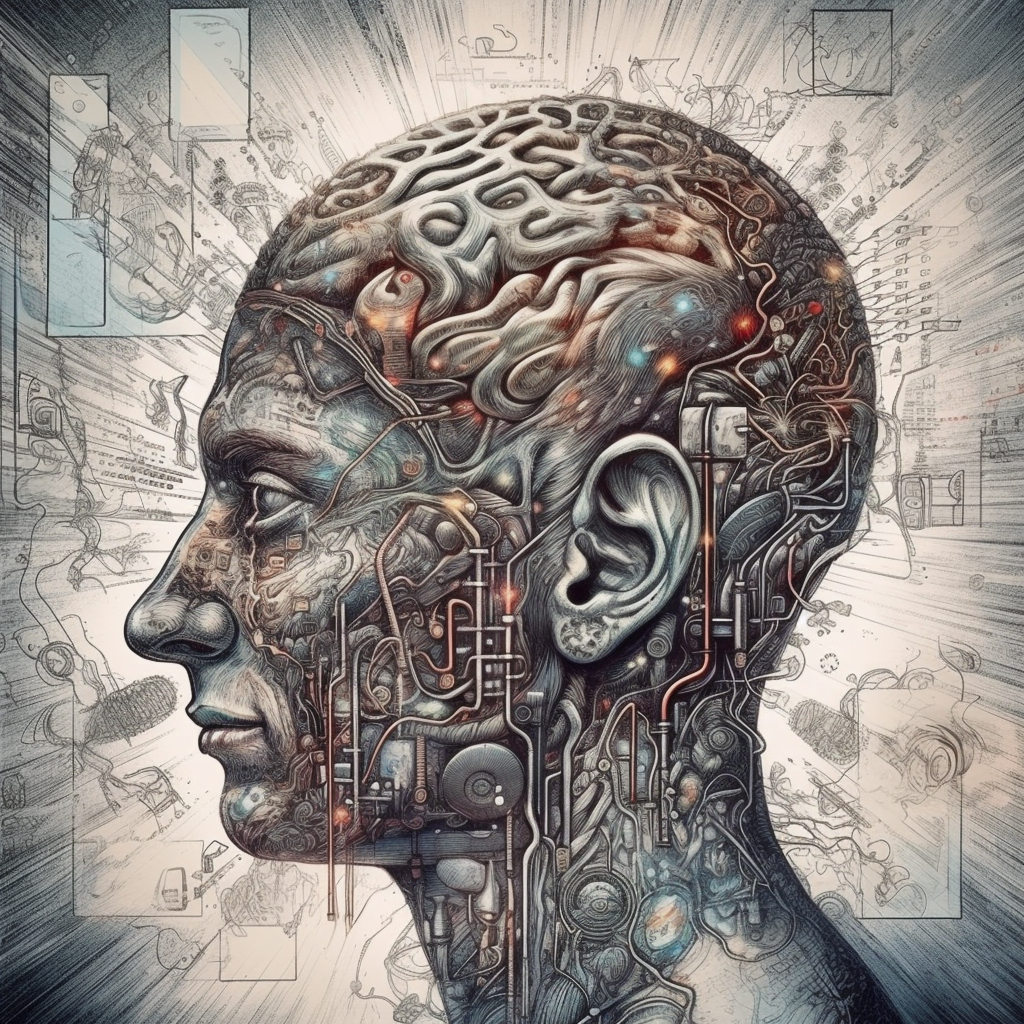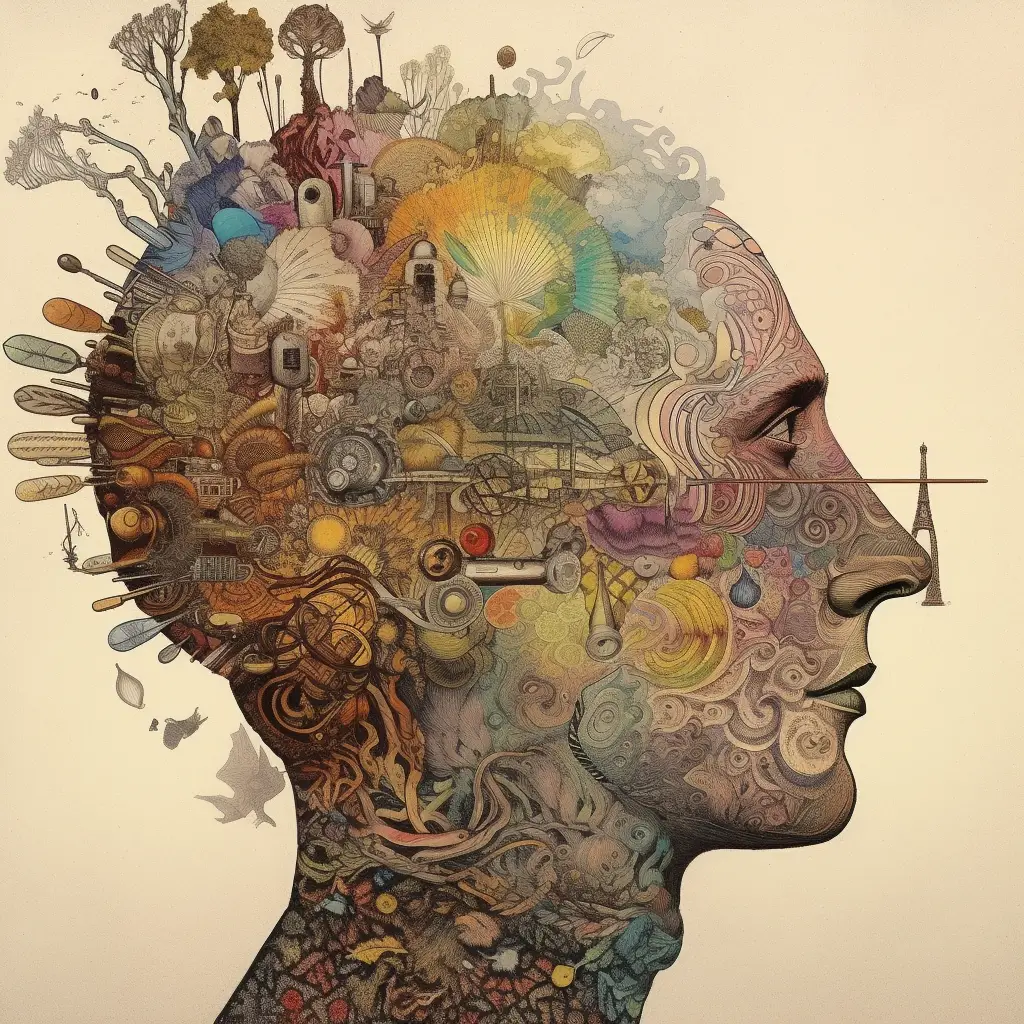
Self-serving bias is when people take credit for positive events and outcomes in their lives but tend to blame outside forces for adverse events and outcomes. How strong the bias appears in a person can be highly influenced by culture, age, and other factors, and even varies quite widely among specific populations.
Unmasking the Mysterious Self-Serving Bias
Ever encountered a person who always seems to bask in the glory of their success but blames everyone and everything else when things go south? Well, say hello to the sneaky culprit called the self-serving bias! This cognitive quirk makes individuals attribute their triumphs to their abilities and hard work, while external factors are held responsible for failures.
If the self-serving bias were a wizard, it would have a magical ability to protect people’s self-esteem. Like a shield, it deflects blame and failure while soaking up all the credit and success. By doing so, it preserves an individual’s confidence and keeps their self-image sparkling and untarnished.
The Ingredients of the Self-Serving Bias Potion
Now, let’s take a peek into the bubbling cauldron to see what ingredients make up this self-serving bias potion. The concoction is made up of two primary components: the attribution bias and the defensive bias.
Attribution Bias: The Ego-Boosting Ingredient
Attribution bias is the tendency to attribute one’s successes to internal factors, such as ability, talent, or effort. Imagine someone just won a game of chess. If they have a strong attribution bias, they would believe they won because of their exceptional strategic thinking and skill.
Defensive Bias: The Blame-Deflecting Ingredient
On the flip side, defensive bias is the inclination to blame external factors for one’s failures. So, if that same chess player were to lose, they would blame the loss on distractions, their opponent’s luck, or maybe even the room temperature. The point is, anything but themselves takes the fall for failure.
Exploring the Self-Serving Bias’ Habitat
Self-serving bias is like a chameleon that adapts to its environment. It’s influenced by various factors, such as culture, age, and individual differences. So, let’s go on a little expedition to explore the natural habitat of the self-serving bias.
Cultural Factors: The Influence of the World Around Us
The strength of self-serving bias can vary depending on cultural backgrounds. For instance, people in individualistic cultures (like the United States or Western Europe) are more likely to display self-serving bias than those in collectivist cultures (like Asia or Africa). In collectivist cultures, people tend to value group harmony and interdependence, so taking credit for success might not be as important as maintaining good relationships.
Age Factors: Growing Up With the Self-Serving Bias
As people age, the intensity of the self-serving bias might diminish. Research suggests that younger individuals tend to exhibit a stronger self-serving bias, while older adults may be more likely to accept responsibility for both their successes and failures. With age comes wisdom, and perhaps a more balanced view of oneself.
Individual Factors: The Unique Personality Traits
Just as no two snowflakes are alike, self-serving bias can vary among individuals. Personality traits, such as self-esteem, self-awareness, and narcissism, can impact the strength of the self-serving bias. People with high self-esteem or narcissistic tendencies may exhibit a more pronounced self-serving bias, while those with greater self-awareness might be better at recognizing this cognitive quirk.
A Gallery of Self-Serving Bias Examples
Let’s take a stroll through the self-serving bias gallery to get a better understanding of how it plays out in real life.
Example 1: The Job Interview
Picture someone who just nailed a job interview. They might attribute their success to their outstanding qualifications and smooth communication skills. But if they don’t get the job, they might blame the interviewer’s mood or the company’s unrealistic expectations.
Example 2: The Sports Match
Imagine a soccer player who scores the winning goal. They might credit their victory to their incredible athleticism and precise aim. However, if they miss a crucial shot, they might blame the slippery field or the sun in their eyes.
Example 3: The School Exam
Visualize a student who gets an A on a test. They might celebrate their achievement as a result of their intelligence and diligent studying. But if they score poorly, they might attribute the failure to the teacher’s confusing lectures or the unfair difficulty of the questions.
Example 4: The Romantic Relationship
Consider a person who has a successful romantic relationship. They might attribute their happy partnership to their charm, emotional intelligence, and loving nature. However, if the relationship ends, they might blame their ex-partner’s shortcomings or external circumstances for the breakup.
In Conclusion: Unraveling the Mysteries of the Self-Serving Bias
The self-serving bias is a fascinating psychological phenomenon that helps people maintain a positive self-image by attributing successes to themselves and failures to external factors. While it varies in strength based on culture, age, and individual differences, it’s essential to recognize its presence and learn to take responsibility for both the good and the not-so-good in life.
By understanding the self-serving bias, it becomes possible to develop greater self-awareness, empathy, and humility. So, the next time someone encounters success or failure, remember to take a step back and consider the many factors at play before jumping to conclusions.




